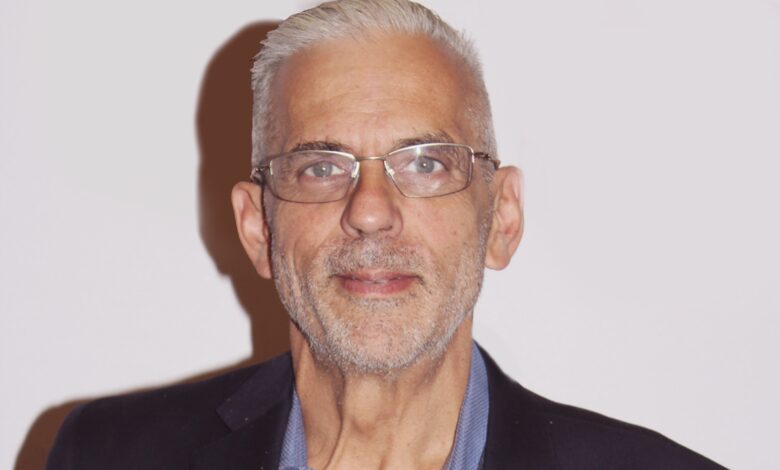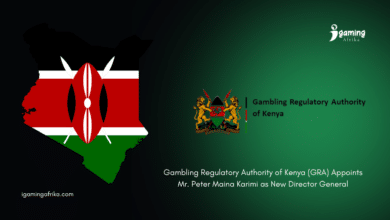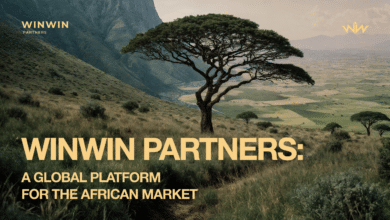Exclusive: Advancing South Africa’s Gambling Landscape with Martin Sack

Martin Sack, Founder and Director of Brainstorm Online, is a seasoned executive with over 15 years of senior management experience in the online gaming industry. Renowned for his strategic acumen and operational expertise, Martin Sack has played pivotal roles in shaping global online gaming brands across verticals like online casinos, sports betting, and poker. His career spans startup successes, turnaround strategies, and market optimizations, making him a thought leader in navigating the complexities of regulated markets.
In this insightful discussion, Martin Sack delves into the evolving regulatory landscape of South Africa’s gambling industry, shedding light on the challenges, opportunities, and the critical need for a comprehensive framework to foster sustainable growth while ensuring player protection.
iGaming AFRIKA: You’ve previously discussed the regulation of the gambling industry in South Africa, highlighting crucial aspects, including the need for a well-defined regulatory framework for online gambling. Could you share more about your thoughts on this?
Martin Sack: Well, I agree 100%. I strongly believe that the current regulation must evolve beyond its restrictive stance on online gambling. As it stands, online gaming is essentially treated as illegal, and a lot of it is forced into the “sports betting” category to circumvent these limitations. But the reality is that we’re part of a global industry. Our market is vast and varied, with offerings that mirror other established markets. A well-regulated framework would provide multiple benefits: it would ensure that reputable operators thrive while keeping out unlicensed or unscrupulous ones. Such regulations would also bring in fair taxation, creating a level playing field for all operators. Essentially, it’s about building a sustainable environment that protects the industry and players alike.
iGaming AFRIKA: Some regulators have pointed out that the delay in regulating online gambling in South Africa is due to the existing infrastructure, which was initially set up for retail and offline gaming. Given the rapid advancement of technology, what are your thoughts on this?
Martin Sack: You’re absolutely right – technology is here to stay, and we must embrace that reality. The original regulations were crafted with retail bookmakers and physical gambling venues in mind, which means they don’t account for the dynamic and fast-paced advancements in technology. This traditional model doesn’t fit today’s environment, where new software and updates are released on an almost bi-weekly basis. The rigidity of the current regulations stifles the industry’s ability to innovate and adapt. To remain competitive and fair on a global scale, we need to overhaul these regulations, recognising the rapid digital shift and creating frameworks that accommodate modern standards and technologies.
iGaming AFRIKA: Some argue that legalising internet gambling could result in job losses. Do you agree?
Martin Sack: Not at all. In fact, online gaming is a significant job creator. Just look at the employment numbers for major players like Betway or Hollywood Bets – both employ hundreds of people here in South Africa to keep operations running smoothly. While it’s true that the scale may not be as large as land-based casinos, the jobs created in the online space are often more skill-based, providing a different kind of value. These positions contribute to workforce development, requiring continuous training, which upskill individuals in tech, data analysis, customer support, and more. So, while the types of jobs may differ, online gaming offers quality employment opportunities that uplift and develop talent within the country.
iGaming AFRIKA: For clarity, it seems that interactive gaming is still a contentious area in regulation, while other forms of online gambling, like sports betting, are permitted. Could you clarify this?
Martin Sack: Certainly. Currently, South African law allows two specific types of online gambling: lotteries, which are governed by the Lotteries Act, and sports betting, which is entirely legal. There’s also a somewhat unique category known as “other contingencies,” allowing for fixed-odds betting on various outcomes, like a spin on a roulette wheel, for example, where the odds and payouts are predetermined. While this framework allows us to operate within the confines of the law, it’s not ideal for fostering a comprehensive and competitive online gaming environment.
Read More: Exclusive: Playtech’s Visionary Edge: Simon Munsamy Shares Playtech’s Path Forward in Africa
Ideally, a fully regulated online casino sector would serve the country better. Currently, we can offer some fixed-odds slots and similar products, but this is a limited substitute for a more robust, well-defined online gaming framework.
iGaming AFRIKA: In your view, what’s the primary obstacle preventing the regulation of interactive gaming?
Martin Sack: It largely comes down to the willingness of the various regional and national boards to come together and establish a unified framework. Progress has been made; there have been draft laws and discussions, but no concrete action yet. After the upcoming elections, there’s potential for more focus on this issue. Ultimately, the government needs to make a decisive choice on whether to align with the European model, which has proven effective or find another path. The delay is partly due to the need for alignment among stakeholders – from regulators to operators – to create a cohesive, enforceable framework.
Read the full interview in our digital magazine below:























